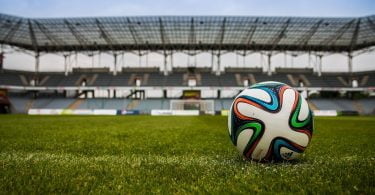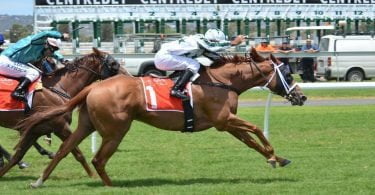Ricky Hatton, Marcus Trescothick, Jonny Wilkinson, Frank Bruno, Kelly Holmes, Mike Tyson: the list could go on ceaselessly.
Ricky Hatton, Marcus Trescothick, Jonny Wilkinson, Frank Bruno, Kelly Holmes, Mike Tyson: the list could go on ceaselessly. All icons of their chosen sporting professions who bestrode their domains with the utmost daring, betraying calm in the face of inexorable adversity and brimming with skilled courage elevating them to great peaks of sporting achievement. But they also share a more sinister trait; each has been beset by crushing depressive episodes throughout their glittering careers.
On Saturday the 26th November, esteemed Wales football manager and highest capped outfield Welsh international player, Gary Speed, committed suicide at the age of 42 within his home in Chester. He had excelled in a stellar playing career which boasted triumphs such as winning the Old First Division Title in 1992 with Leeds; his selection as captain of the national side in 2004 and the engineering of a significant upturn in performance for Wales in his short tenure as manager. He was universally revered in sporting circles; a star that remained approachable and level-headed despite his laurels, with further potential to unlock as a manager. He leaves behind a wife and two young children.
His motives for the bleakest form of escapism have not been ascertained, and it would be untimely to speculate. Rather, what needs to be addressed is what is triggering this spate of suicides in the sporting world as despairingly this is not an isolated case. In 2009, German national keeper, Robert Enke, tragically gave away his life on a train track outside Hanover whilst at the zenith of his abilities with it emerging that he had succumbed to depression stemming from the loss of his two year old daughter. Former Japanese Baseball star Hideki Irabu was found dead at his home in Los Angeles this July after experiencing family problems and a turbulent end to his career. The rationales may all differ, but there is an unquestionably unsettling trend for Sports icons to be susceptible to afflictions of the mind.
Answers are plentiful as soon as one begins to scratch the surface. Firstly, although sporting professions bestow riches and adulation on their practitioners, they are equally subjected to often withering scrutiny and constant observation by the omnipresent media. Sports Psychologist, Robert Forzoni commented on the stresses affecting sportspeople ‘…always being analysed for their performances, and having a lot of expectations to live up to.’ It was these soaring expectations in a bout of injurious perfectionism that drove England Rugby marvel Jonny Wilkinson to seek help to combat his self-critical demons in 2005.
Many sports also exact an unreasonable lifestyle on their prize assets. Cricket and tennis in particular enforce protracted spells away from loved ones; therefore, granting a time for loneliness to stew and mulling introspection to brew over performances in the unforgiving firing range of the crease and the court. Cricketers Marcus Trescothick and Michael Yardy have both suffered bouts of depression whilst on International Tour in recent years. Incapable of dealing with the strains and the overbearing travails of life bereft of family and with their performances boiling down to heartless statistics, both chose to manfully withdraw from tour rather than remaining stricken.
A far more common eventuality is depressive melancholy seeping into a stars life as they struggle to adapt after the demise of their career. Intrepid boxer, Ricky Hatton, spent over fifteen, hard-wrought years gradually ascending from modest Mancunian to the fanfare of glorious conquests in the maelstrom of Las Vegas. When his masquerade of invincibility was cruelly disabused by the fists of Floyd Mayweather and Manny Pacquiao, the man of great pride was left bowed and broken-hearted. His depression concluded solemnly in the iniquity of a Manchester hotel room with videos capturing him snorting cocaine. Thankfully he sought rehabilitation, but ardent fans are still numbed by Ricky’s revelation that at times he did not want to live.
The psyche of professional sportspeople is a complex fusion of seductive dreams, sheer bloody-mindedness and fierce dedication. Although we assign attributes such as invulnerability and impregnability to them, outside their stadia of choice they are normal people with normal failings, normal insecurities and normal weaknesses. Depression works indiscriminate of wealth and success, a sickness of the mind. Away from sport the conception of depression as an illness bereft of stigma has become incredibly far-reaching and rightly so. It is time for this truth to permeate the sporting world, enabling our heroes to shun pride and machismo to air their internal grief and solicit aid.
Even with the passing of Gary Speed so heartrendingly fresh, a glimmer of hope is issued by the mental health clinic Sporting Chance which specialises in treating professional sportspeople. They remark that ten ‘desperate’ professional footballers have requested help, enlightened by the tragic circumstances surrounding Speed’s case. His death will not be in vain.








